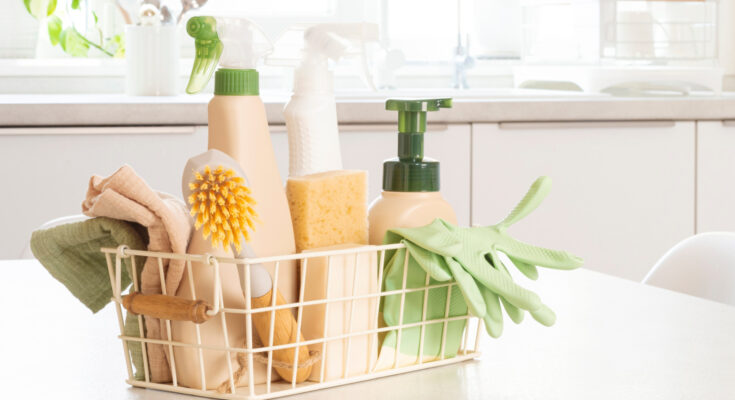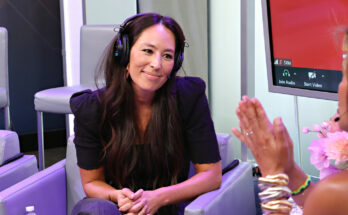Is That Cruelty-Free Cleaning Product Really Guilt Free?
Buying cleaning products that are labeled “cruelty-free” might feel good in the moment, but what’s not so great is that many supposedly cruelty-free products aren’t all they claim to be. The term “cruelty-free” on its own is highly misleading, because it’s not a regulated term. This means that companies that claim to be cruelty-free do not need to pass any certifications or follow any testing requirements in order to label their products as such.
When you see a cruelty-free label, you might understandably assume that it means the cleaner was not tested on animals. While that could, in some cases, be true for the final product, the label doesn’t always apply to all of its ingredients. Animals could still have been used for testing the individual ingredients, and as long as the final cleaning product itself isn’t used on animals, it can easily be labeled as cruelty-free.
Additionally, cruelty-free and vegan cleaning products aren’t the same thing. A product can be cruelty-free without being vegan. And while there are certainly ways you can verify that a product’s non-vegan ingredients (like honey or beeswax, for example) were harvested ethically, this isn’t guaranteed by the words “cruelty-free.” Finding official, recognized certifications on the label is the only way to make sure you can buy a cleaning product guilt free.
How to tell if a cleaning product is truly cruelty-free
The world of labels and certifications can seem, well, cruel from a consumer standpoint. It takes a lot of effort to work around the often deceptive labeling to figure out whether products are truly ethical; even “green” cleaning products aren’t always green. Fortunately, there are a few ways you can make this job easier. First, you should look out for certifications that do require proof that no animal testing was done at any point in a cleaning product’s production process. A gold standard example here would be Leaping Bunny, a third-party certifier under the name Coalition for Consumer Information on Cosmetics (CCIC). A product with the official Leaping Bunny logo means that none of its ingredients have been newly tested on animals.
You could also look for other certifications that encompass anti-animal testing standards. For example, the Certified Vegan logo assures consumers that not only is a product completely vegan, but that it also hasn’t been tested on animals.
Another easy way to shop ethically is to simply look for brands that have publicly guaranteed their commitment to cruelty-free, eco-friendly cleaning products. These companies will usually have a range of certifications to show off, and they may also have a brand mission that demonstrates their dedication to sustainability and cruelty-free products. Of course, you could also always turn to homemade, natural cleaners you can DIY.
Other things to know about deceptive cruelty-free labels
Doing your homework when shopping for cruelty-free products is important. Many companies will devise ways to make their products seem cruelty-free certified even when they aren’t. For example, some brands include images of bunnies on their labels alongside a “cruelty-free” statement. This is intended to make consumers think that the company has been certified cruelty-free; in reality, these bunnies, when not belonging to a specific certification, don’t really mean anything.
Another important thing to remember is that, even if a company is being honest about not completing any animal testing itself, that doesn’t mean that it don’t outsource animal testing to third parties. Third-party testing allows these types of companies to make cruelty-free claims that don’t reflect reality. This is why recognized cruelty-free certifications are so essential; they’re the only guarantee that a company is committed to keeping its products cruelty free 100% of the time.
One last thing to consider is that, even though a particular enterprise might be certified cruelty-free, it could be part of a parent company that performs animal testing. In this case, by buying the company’s product, you would inadvertently support a business that’s willing to test on animals for some of its brands — or in some countries. Whenever possible, look for an independent cruelty-free brand, or a brand under a parent company that supports cruelty-free products across the board. While you’re at it, learn about other cleaning product mistakes you could be making inadvertently.



